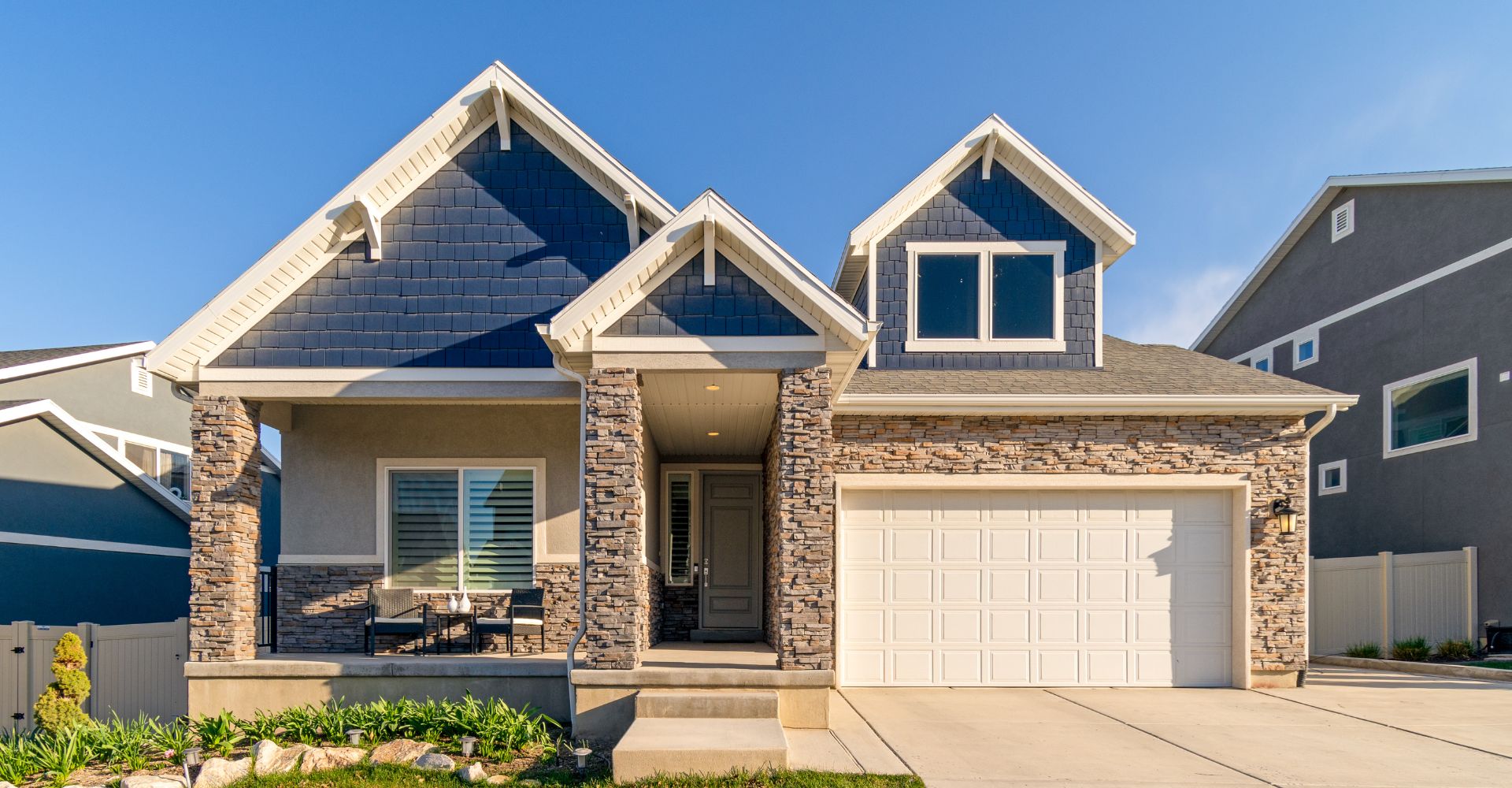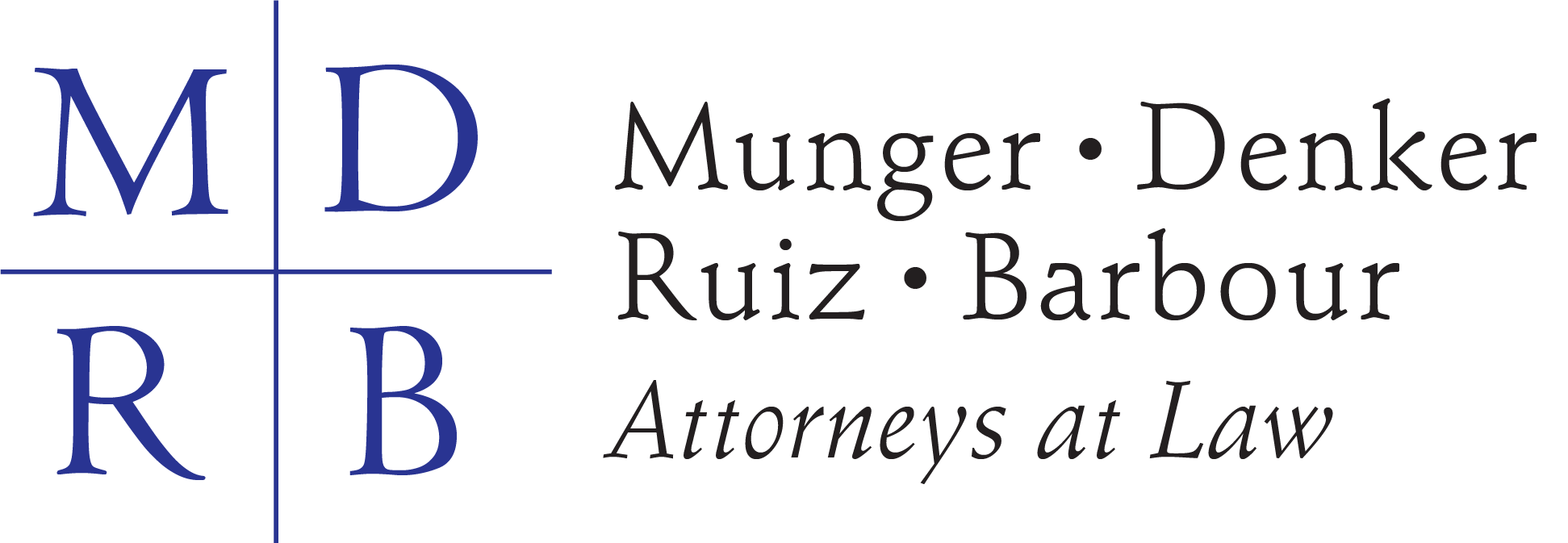
Common Types of HOA Disputes: Understanding and Resolving Conflict
Homeowner associations (HOAs) exist to maintain community standards and ensure a harmonious living environment. Conflicts and disputes, however, can arise due to differences in interpretation, violation of rules, or disagreements over decisions.
Please click this link if you wish to learn more about Homeowner Associations Law, and how Munger • Denker • Ruiz • Barbour, attorneys can help you.
Common Types of HOA Disputes
- Architectural and Design Guidelines: One of the most frequent sources of conflict in HOAs revolves around architectural and design guidelines. Disputes can arise when homeowners modify their property without obtaining proper approval from the association’s architectural review committee (often referred to as the “ARC”). Issues may include building additions, fence types, paint colors, landscaping choices, or the installation of satellite dishes. Clear communication, adherence to established guidelines, and fair enforcement can help minimize conflicts in this area.
- Non-Payment of Assessments: Financial disputes often occur when homeowners fail to pay their HOA assessments or dues. Delinquent payments can strain the association’s finances and hinder its ability to maintain common areas and provide necessary services. HOAs should have clear assessment-collection policies in place, including proper notice procedures for things like late fees and the consequences for non-payment. Open lines of communication and dispute-resolution systems such as payment plans can help resolve financial disputes.
- Noise and Nuisance Issues: Conflicts may arise when homeowners engage in disruptive or noisy behavior that disturbs the peace and enjoyment that other residents expect to have. Other sources of disputes include unsightly yard conditions, or the failure to maintain property in accordance with community standards. HOAs should have clearly defined noise and nuisance policies and a fair and consistent enforcement process to address such issues promptly.
- Violation of Rules and Regulations: HOAs establish rules and regulations to maintain community aesthetics, safety, and property values. Disputes may arise when homeowners violate these rules through things like parking violations, improper storage, improper use of common areas, or failure to maintain property appearance. Transparent communication, clear documentation of violations, and allowing homeowners to remedy violations before imposing penalties can help prevent the escalation of conflicts.
- Board Governance and Decision-Making: Disputes can occur between homeowners and the HOA board over decisions made by the board. Lack of transparency, perceived bias, or disagreement with specific policies or decisions can lead to tension and conflict. Open communication channels, regular town-hall meetings, and opportunities for homeowners to voice their concerns can foster understanding and mitigate disputes related to board governance.
Resolving HOA Disputes
Whether you’re a member of the HOA board, a homeowner, or part of the property management team, fostering a cooperative atmosphere and employing effective strategies can go a long way in preventing and resolving conflicts. Here are some key approaches that can make a significant difference:
- Mediation and Alternative Dispute Resolution (often referred to as “ADR”): Encouraging mediation or ADR processes can help parties involved in disputes find common ground and reach mutually acceptable solutions. These methods provide a neutral third party who can facilitate productive discussions and help identify compromises.
- Clear and Transparent Communication: Maintaining open lines of communication between and among the HOA board, homeowners, and the property-management company is essential in preventing and resolving disputes. Clear communication channels, timely responses to inquiries, and consistent dissemination of information can help address concerns and avoid misunderstandings.
- Consistent Enforcement and Due Process: Fair and consistent enforcement of rules and regulations is crucial in preventing conflicts. Homeowners should be given proper notice of violations, an opportunity to be heard, and a chance to rectify any violations before fines or penalties are imposed.
- Legal Consultation: In complex or escalated disputes, legal advice from an attorney experienced in HOA law can help identify the best course of action. Legal professionals can help interpret governing documents, navigate state laws, and represent the HOA’s and the homeowners’ interests in formal proceedings if necessary.
Conclusion
Disputes between HOAs and members are not uncommon, but they can be managed effectively and resolved through clear communication, fair enforcement, and a willingness to find common ground. By understanding the common types of HOA disputes and employing strategies for resolution, associations can maintain harmony, preserve property values, and promote a sense of community within their neighborhoods.
The attorneys at Munger • Denker • Ruiz • Barbour stay up-to-date on all aspects of Homeowners Association Law in Arizona and how it can affect you as a homeowner. Our attorneys know that your time and money are valuable, and will work to resolve your matter efficiently and effectively, both in and out of court. Click the link below to schedule your consultation today.
Learn More
You can visit our blog here for an analysis of the recent Arizona Supreme Court case of Kalway v. Calabria Ranch Hoa, LLC, which places significant restrictions on the power of an HOA to amend its rules.
Latest Posts
Quiet Title
Normally, it is simple to determine who is the lawful owner of real property: Whoever is listed on the last deed recorded with the county recorder’s...
Quiet Title
Safeguarding Your Interests in Arizona Probate Court
What Is Probate Court? A probate court is one that has authority or jurisdiction over all cases involving wills, trusts, estates, and...



